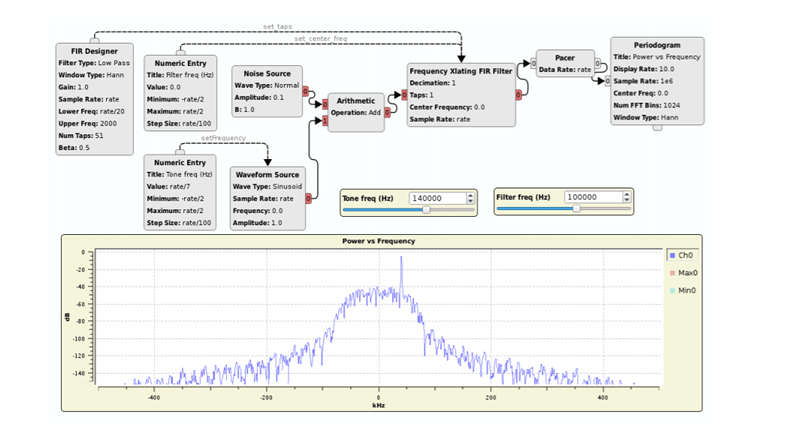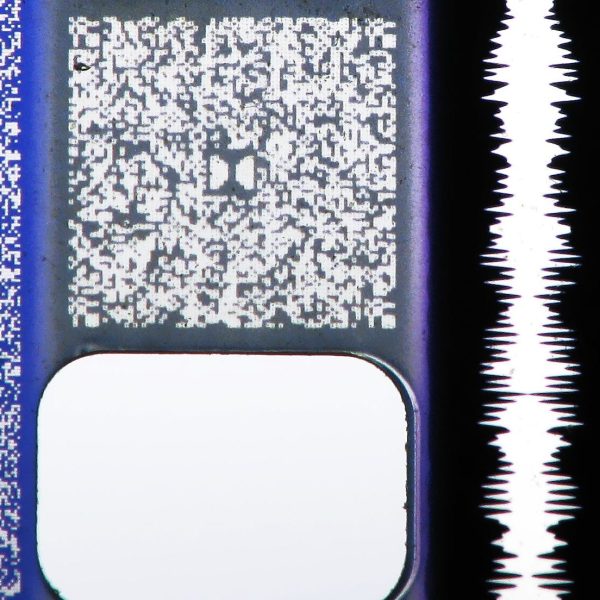If you want to go to the next level with software defined radio (SDR), there are a lot of choices. The RTL-SDR dongles are fine, but if you get serious you’ll probably want something else. How do you choose? Well, your friends at the European Space Agency Libre Space Foundation have published a paper comparing many common options. True, they are mostly looking at how the receivers work with CubeSats, but it is still a good comparison.
The devices they examine are:
- RTS-SDR v3
- Airspy Mini
- SDRPlay RSPduo
- LimeSDR Mini
- BladeRF 2.0 Micro
- Ettus USRP B210
- Pluto SDR
They looked at several bands of interest, but not the HF bands — not surprising considering that some of the devices can’t even operate on HF. They did examine VHF, UHF, L band, S band, and C band performance. Some of the SDRs have transmit capabilities, and for those devices, they tested the transmit function as well as receive.
The review isn’t just subjective. They calculate noise figures and dynamic range, along with other technical parameters. They also include GNURadio flowgraphs for their test setups, which would be a great place to start if you wanted to do these kinds of measurements yourself.
Towards the end of the 134 page report is an assessment of SDR software and how the boards are supported. We’ll let you read the paper’s conclusions but there was no clear winner or loser although they did mention how SDRPlay’s closed source limited software support in some applications.
Even if the report made a recommendation, you’d need to temper their advice with your own needs. For example, if you want to work with HF frequencies, you’d need an upconverter for many of these boards, but not all of them. Everyone’s needs are a little different.
If you are interested in GNURadio, try our tutorial. We’ll be talking more about PlutoSDR soon, but until then you might enjoy this free book.
It’s wonderful to see the Libre Space Foundation thriving. After the SatNOGs project won the original Hackaday Prize way back in 2014, they used the winnings to form the Libre Space Foundation as a non-profit with the focus of making open source space technologies widely available. This is an excellent continuation of that mission!
















You got me, implying that RTL dongles went into multiple Ghz.
In the paper they mention that GQRX works on windows, but i didn’t find any windows port of GQRX when i searched the internet… Is that a real thing?
look up pothos sdr enivorment,
This is a sub-activity of a European Space Agency initiative co-ordinated by Libre Space Foundation. It hasn’t passed a full technical review and its FINDINGS ARE BOUND TO BE CHANGED.
Useful to point out that Libre Space Foundation was initiated by the SatNOGS team after winning the 1st place winner on the 1st iteration of the Hackaday Prize.
Bummer…no mention of the HackRF. That’s my most used radio.
Mine too
They mention on CubicSDR they could not find anyway for Satellite doppler correction, Did they not look hard enough? Using rigctl with say GPredict you can correct the doppler, providing CubicSDR has been build with hamlib support